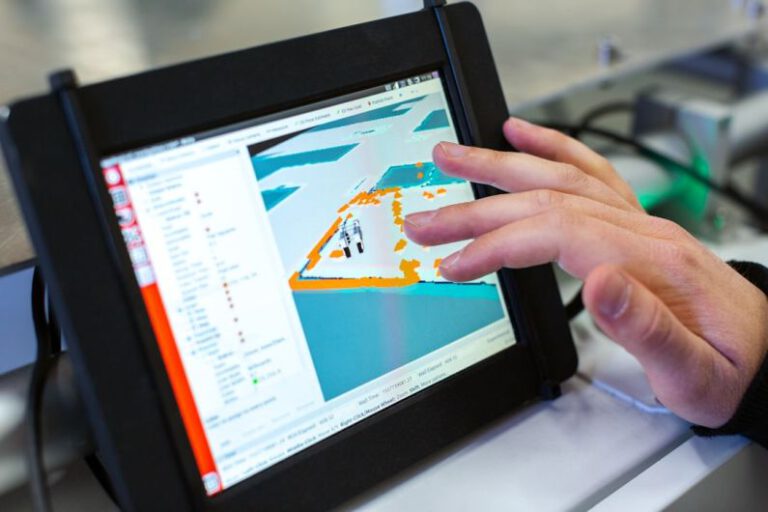How Can Ai Optimize Construction Projects?
Artificial Intelligence (AI) has been revolutionizing various industries, and the construction sector is no exception. With its ability to analyze vast amounts of data quickly and accurately, AI is increasingly being utilized to optimize construction projects. From improving project efficiency to enhancing safety measures, AI has the potential to transform the way construction projects are planned, executed, and managed. Let’s delve into how AI can optimize construction projects.
Streamlining Project Planning
One of the key areas where AI can optimize construction projects is in project planning. AI algorithms can analyze historical project data, construction schedules, resource availability, and other relevant factors to generate optimized project plans. By taking into account various variables and constraints, AI can help project managers create realistic and achievable project timelines, allocate resources efficiently, and identify potential risks before they impact the project.
Enhancing Safety Measures
Safety is paramount in the construction industry, and AI can play a significant role in enhancing safety measures on construction sites. AI-powered sensors and cameras can monitor construction sites in real time, identifying potential safety hazards such as unattended equipment, unstable structures, or unauthorized personnel in restricted areas. AI can also analyze worker behavior and provide insights to help prevent accidents and improve overall safety protocols.
Improving Resource Management
Efficient resource management is crucial for the success of any construction project. AI can help optimize resource allocation by analyzing data on equipment usage, material consumption, labor productivity, and other relevant factors. By utilizing predictive analytics, AI can forecast resource requirements accurately, allowing project managers to plan ahead and avoid costly delays due to resource shortages.
Enhancing Quality Control
Maintaining high-quality standards is essential in construction projects to ensure that the final deliverables meet client expectations. AI-powered tools can enhance quality control by analyzing construction materials, monitoring workmanship, and detecting defects or deviations from project specifications in real time. By implementing AI-driven quality control measures, construction companies can minimize rework, reduce project costs, and deliver superior quality outcomes.
Optimizing Project Monitoring and Reporting
AI can streamline project monitoring and reporting processes by automating data collection, analysis, and reporting tasks. AI algorithms can aggregate data from various sources, such as sensors, drones, and project management software, to provide real-time insights into project progress, performance metrics, and key milestones. By automating routine reporting tasks, AI allows project managers to focus on strategic decision-making and problem-solving, leading to more efficient project outcomes.
Facilitating Predictive Maintenance
Equipment downtime can significantly impact construction project timelines and budgets. AI-powered predictive maintenance solutions can help prevent equipment failures by analyzing equipment performance data, identifying potential issues before they occur, and recommending proactive maintenance actions. By implementing predictive maintenance strategies, construction companies can reduce the risk of costly equipment breakdowns, minimize downtime, and optimize project schedules.
Driving Innovation and Collaboration
AI has the potential to drive innovation and collaboration in the construction industry by enabling seamless communication and data sharing among project stakeholders. AI-powered collaboration platforms can facilitate real-time collaboration, document sharing, and decision-making, allowing project teams to work more efficiently and effectively together. By leveraging AI technologies, construction companies can foster a culture of innovation, creativity, and continuous improvement in their projects.
In conclusion, Artificial Intelligence (AI) is transforming the construction industry by optimizing project planning, enhancing safety measures, improving resource management, enhancing quality control, streamlining project monitoring and reporting, facilitating predictive maintenance, and driving innovation and collaboration. By harnessing the power of AI technologies, construction companies can improve project efficiency, reduce costs, minimize risks, and deliver superior outcomes to clients and stakeholders. Embracing AI in construction projects is not just a trend but a necessity in today’s fast-paced and competitive construction landscape.






